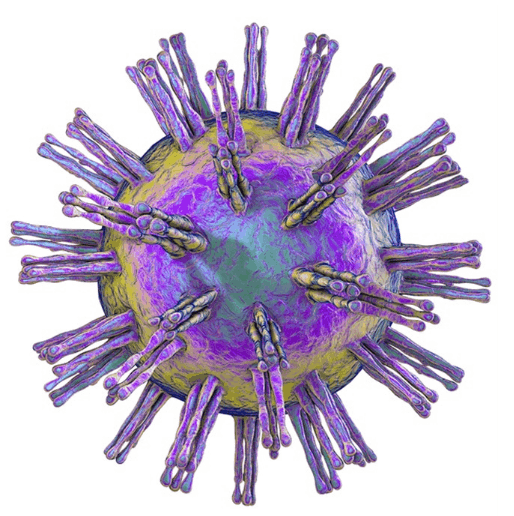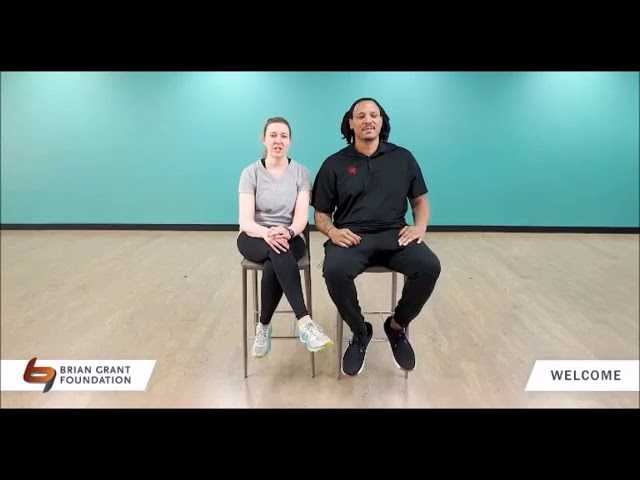Parkinson's Disease
and other Neurodegenerative Disorders
Introductory Material
Overview
Treatments
The Nature of Degenerative Disorders
Degenerative nerve diseases affect many of your body's activities, such as balance, movement, talking, breathing, and heart function. Sometimes the cause is a medical condition such as alcoholism, a tumor, or a stroke. Other causes may include toxins, chemicals, and viruses. Sometimes the cause is not known -- "idiopathic" -- this is typically the case with Parkinson's. Degenerative nerve diseases can be serious or life-threatening. It depends on the type. Most of them have no cure. Treatments may help improve symptoms, relieve pain, and increase mobility. Such diseases include Alzheimer's disease; Amyotrophic lateral sclerosis; Friedreich's ataxia; Huntington's disease; Lewy body dementia; Parkinson's disease; and Spinal muscular atrophy.
On this site the primary emphasis is Parkrinson's Disease, with which I was diagnosed in 2016. Parkinson’s disease is a progressive, so-far incurable, neurological disease involving motor (e.g., bradykinesia, tremor, rigidity, and postural impairment) and non-motor symptoms (e.g., depression, anxiety, sleep disorders, fatigue, dysautonomia, cognitive impairment, and pain). In recent years it has been noted that it is particularly the non-motor symptoms which can most adversely affect quality of life and aspects of disability. Its symptom profile and progression differ between individuals. Despite Parkinson’s Disease having been the focus of medical observation and modern research for more than two hundred years (indeed, the contribution of diet to reducing the prevalence of Parkinson's has been suspected for thousands of years (Pamukova, 2018), its etiology remains an enigma. While it has been proposed that traumatic stress is one factor that can play a contributory role in the development of Parkinson's in some people (and hence why it is included on this site), it is important to consider other factors that may play a role in its etiology, and in its overall management and treatment, as well as the general principles outlined in the disclaimers below.
One recent theoretical of the etiology of PD that I find appealing is that of Schwamborn (Schwamborn, 2018) which proposes that PD is a neurodevelopmental disorder with an initial disturbance in neurological development, caused by exposure to an initial factor, being one of a variety of possible types, with eventual manifestation being triggered by a second factor. It is likely that individuals differ in their susceptibility to these various factors, possibly due to genetic differences. These factors can include exposure to environmental elements such as pollutants and pesticides, or environmental stressors or types of “adversity”, including psychosocial stressors, abuse, trauma or emotional disturbance

What This Site Offers
Given the multi-factorially determined nature of PD and other degenerative neurological diseases it will be argued here that approaches that are needs-based, rather than purely biomedical, such as broadly biopsychosocial approaches, are essential to understanding not only the etiology of such diseases, but to the understanding of what treatments are best, and how they can be best "delivered", with the patient's being fully informed and fully involved in determining effective intervention.
This site also discusses the potential contribution of functional contextual approaches to the broader understanding, treatment and management of Parkinson's Disease and other neurodegenerative disorders. Moreover, I believe the principles and values of these approaches have much to offer to treating and managing chronic illnesses in general (see also).
This section of the site is focused primarily on the provision of information and news about Parkinson's Disease, but along the way the application of these biopsychosocial and functional contextual approaches to other neurological disorders will also be mentioned occasionally,
Thus the site primarily focuses on discussion of:
-- Theoretical models of degenerative neurological diseases
-- Etiological models of these disorders
-- Both current and proposed future treatments for these disorders
-- Complementary approaches to assist in living with these disorders
-- What constitutes "palliative care" for, and "living well with" Parkinson's Diisease and other disorders.
-- Guides to managing particular challenges, such as fatigue, and sleeping difficulties
At some stage in the future a "peer support" function will be served through means of a blog to which people can subscribe and contribute.
All this discussion will be in the light of the current evidence base for these approachces and treatments -- with access provided to relevant journal articles and audiovisual materials. Please note: The position of files linked to herein may change -- if needed, search here.
The materials provided are the product of my own searches. However, I encourage you to contact me to provide details you feel others could benefit from. I especially encourage you to contact me wit h your feedback on your opinions of the site and how it could be improved.
Lastly, I encourage you to review the disclaimer towards the foot of the page.













SHARE THIS PAGE!